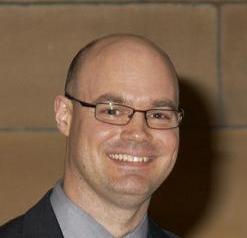
Project Summary:
Parkinson’s disease is an incurable neurodegenerative brain disorder affecting many older Australians, recognisable by the characteristic tremor observed in patients. The reasons why nerve cells in Parkinson’s disease patients die is not yet well understood. However, there are a number of recurring themes. One suggests that nerve cells in Parkinson’s disease patients are in a state of stress, due to an inability to adequately cope with the damaging effects of molecules called oxidants. This has led many researchers to speculate that activation of a cellular communication process known as the “anti-oxidant response” will be of therapeutic benefit. A second theme is the presence of abnormal protein aggregations within Parkinson’s disease Patient cells. These protein aggregations are not found in healthy cells as they are efficiently degraded by another cellular process called “autophagy” (which literally means “self-eating”). Recent scientific data has suggested the anti-oxidant response and autophagy are regulated via the co-ordinated actions of proteins that control either process.
Organs other than the brain are also affected in Parkinson’s disease. One of these is the olfactory mucosa, an organ within the nose responsible for our sense of smell, loss of which is as common a symptom in Parkinson’s disease as uncontrolled movement. Our current research centres on olfactory mucosa cells which can be grown in the laboratory, and has revealed several unique differences between cells from Patients with Parkinson’s disease compared to healthy Control donors. We have found that mechanisms which control autophagy malfunction in Parkinson’s disease Patient cells when the anti-oxidant response is activated. Because the anti-oxidant response is considered a potential therapeutic target for Parkinson’s disease intervention, any unexpected side-effects (such as loss of proper autophagy control) will have important implications for therapeutic development. Our aim is to understand the normal co-ordination of these processes in Control donor cells, and to identify how they become non-functional in Parkinson’s disease Patient cells.



 The Brain Foundation is the largest, independent funder of brain and spinal injury research in Australia. We believe research is the pathway to recovery.
The Brain Foundation is the largest, independent funder of brain and spinal injury research in Australia. We believe research is the pathway to recovery.